Saline pool information needed
mamamermaid
14 years ago
Related Stories

WORKING WITH AN ARCHITECTWho Needs 3D Design? 5 Reasons You Do
Whether you're remodeling or building new, 3D renderings can help you save money and get exactly what you want on your home project
Full Story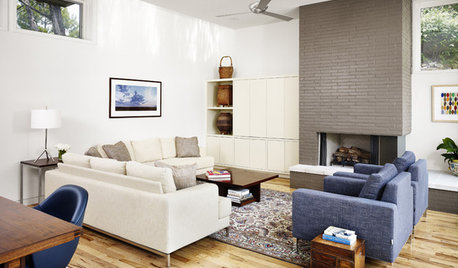
DECORATING GUIDESWhat You Need to Know Before Painting Brick
Sure, painted brick can be a great look. But you need to take some risks into account. Here's how to paint brick like a pro
Full Story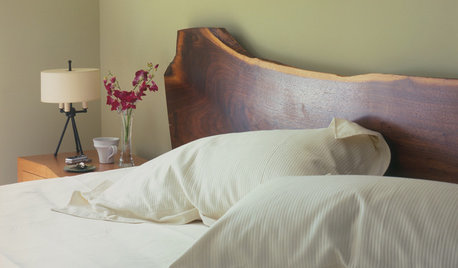
HEALTHY HOMEWhat You Need to Know About Dust and How to Fight It
Breathe easier with these 10 tips for busting mites, dander and other microscopic undesirables
Full Story
WORKING WITH PROSWorking With Pros: When You Just Need a Little Design Guidance
Save money with a design consultation for the big picture or specific details
Full Story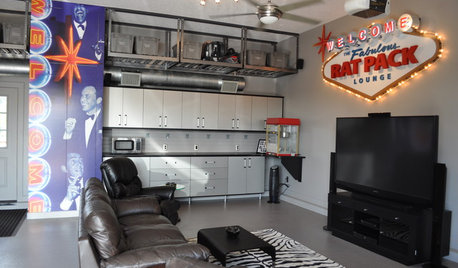
MAN SPACESWhy Men Really Do Need a Cave
Don't dismiss cars, bars and the kegerator — a man space of some kind is important for emotional well-being at home
Full Story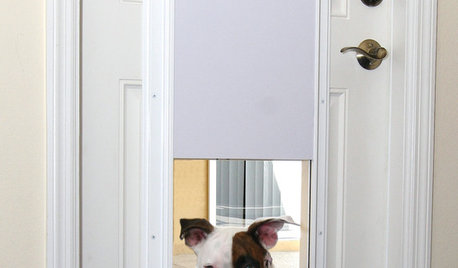
PETSHome Tech: Pets Need Gadgets, Too
Longing for a better way to track your dog's whereabouts or provide indoor-outdoor pet access? New home gadgets do that and more
Full Story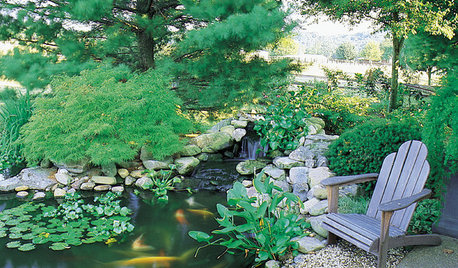
GARDENING AND LANDSCAPINGHow to Make a Pond
You can make an outdoor fish paradise of your own, for less than you might think. But you'll need this expert design wisdom
Full Story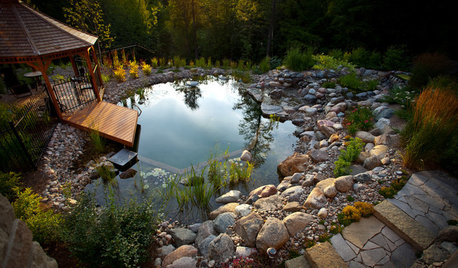
LANDSCAPE DESIGNNatural Swimming Pools: More Beauty, No Chemicals
Keep your skin and the environment healthy with a pool that cleans itself, naturally
Full Story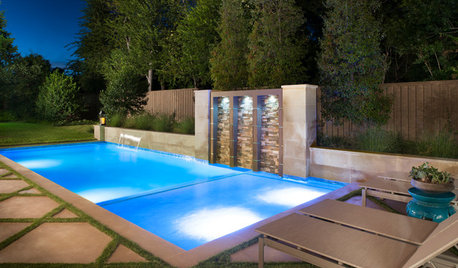
GREAT HOME PROJECTSHow to Replaster (or Remodel) Your Pool
Have an old pool? It could be time to update the plaster, landscaping and more for a pool that works swimmingly with your current style
Full Story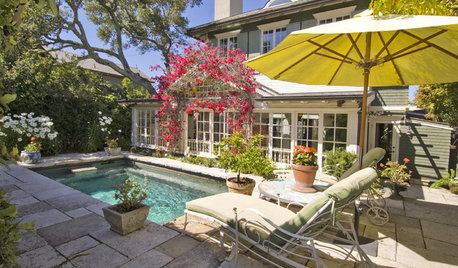
POOLS8 Ideas for Petite Pools
Modest in size but big on looks and function, pools like these offer a private swim space without requiring lots of room
Full StorySponsored
Franklin County's Full Service, Turn-Key Construction & Design Company



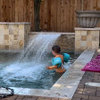
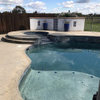

domingos35
mamamermaidOriginal Author
Related Discussions
Need Ideas For New Pool In The Caribbean
Q
Need your advice - New Pool Build Specs
Q
Need Info re : Monarch Pools and Blue Haven Pools
Q
In-Floor pool cleaners conflicting information?
Q
dapooltec
mamamermaidOriginal Author
renovxpt
chilcat
mamamermaidOriginal Author
renovxpt
just-a-pb
renovxpt
ncrealestateguy
mamamermaidOriginal Author
thepoolguy11
ncrealestateguy
poolguynj
thepoolguy11
mas985
renovxpt
MongoCT
tresw
golfgeek
thepoolguy11
lb10_texas